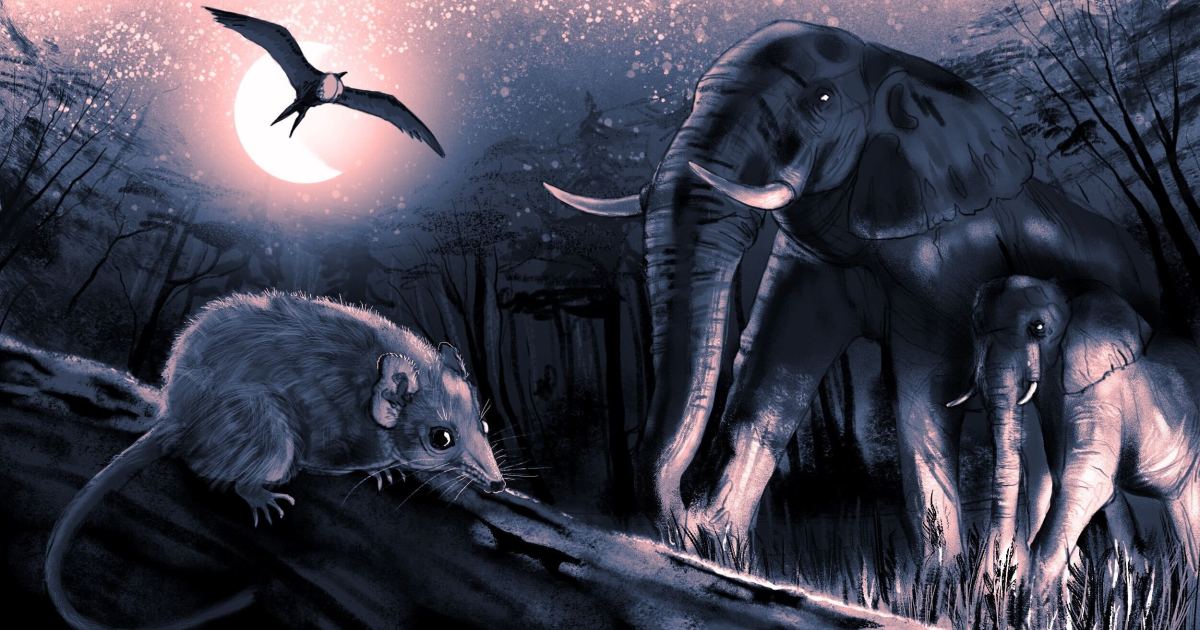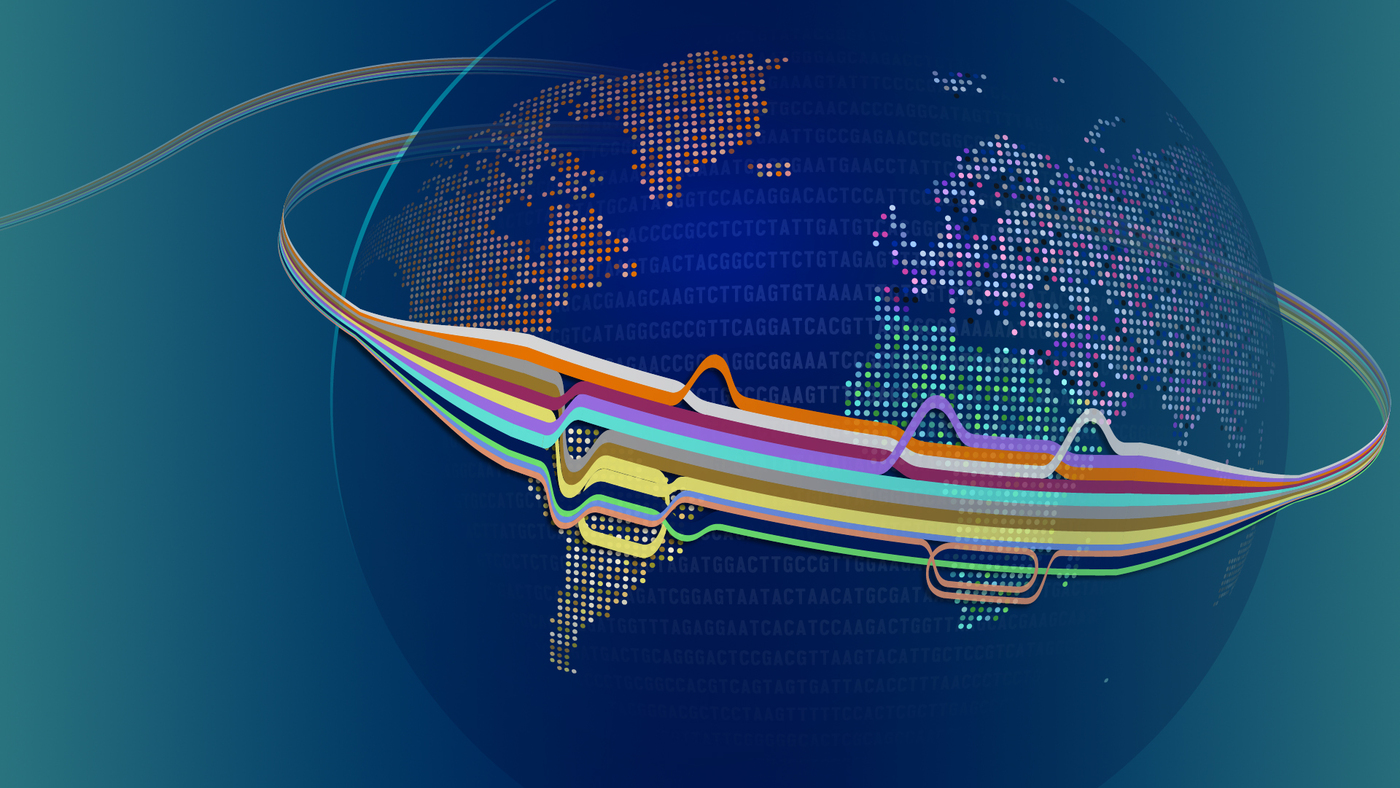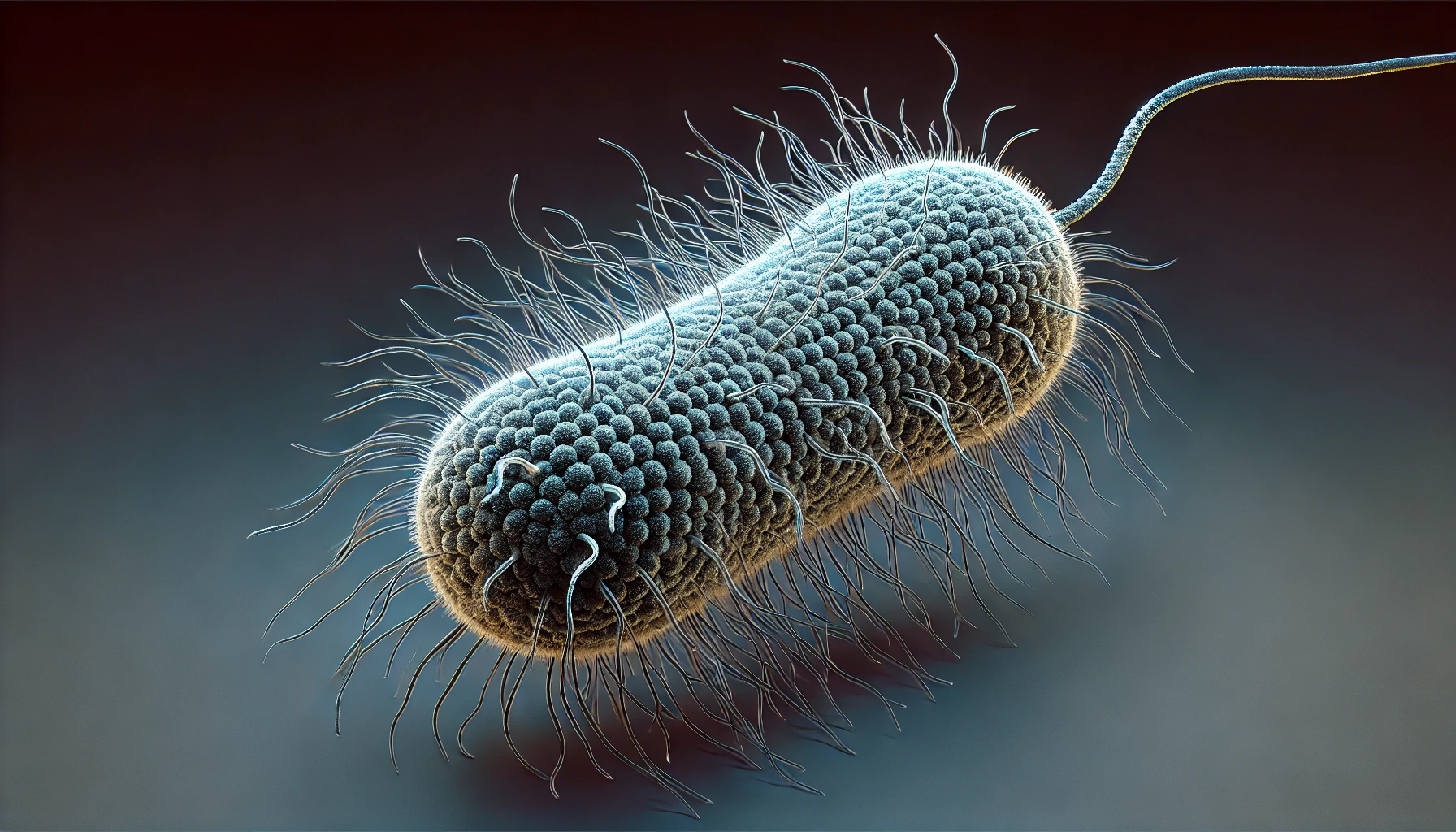2024 Roundup: Rare, sleep, and heat
Like all years, 2024 flew by faster than every year before. Neuroscience suggests that's because our brains process fewer moments, and less vividly, as we age.

Like all years, 2024 flew by fast. Like all years before, and for everyone, it flew by faster than every year before. Neuroscience suggests that's because our brains process fewer moments, and less vividly, as we age. In other words, we make fewer memories per unit time and it may seem that little happened more recently, even when that is not the case.
Although there's no way to fight this phenomenon, intentionally seeking new experiences helps. It can be traveling to new places but also something as simple as taking a different route to work now and then. Also, document it: Help your future self remember more accurately how much of life happened.
I did. That's how I know everything I said I'd do in 2024 and didn't. Like posting regularly on this blog. But elsewhere, I enjoyed working on many articles. Here are five of them. Happy New Year and Happy Reading!
💤 Common wisdom says that you should sleep early, for at least eight hours, and at around the same time each night. But many animals routinely defy these and seem to do fine. I explored the plasticity of sleep in an article for Big Think.

🦓 There are rare diseases with only a few hundred or as few as a dozen patients worldwide. The typical clinical trials, with thousands of participants and the statistical power that comes with such large numbers, are not feasible when developing drugs for these conditions. For The Biologist, I wrote about alternative approaches to conducting clinical trials in such cases.

🌍 Medicine doesn't always just ignore the rare. For instance, while genomics has a huge impact on developing therapies for all kinds of diseases, genomic datasets have a heavy Eurocentric bias. Sequencing diverse genomes is not just equitable. It will reveal new and rare gene variants and disease mechanisms, insights that will help everyone. Read about arguments and efforts on diversifying genomics in this report for GEN.

🪸 When one hears the word heatwaves, one usually thinks of cities during peak summers. But heatwaves happen in the oceans too. For Asian Scientist magazine's print issue on heat, I spoke with scientists studying marine heatwaves. I learned how marine heatwaves impact marine and coastal life and how coastal communities can prepare for them.

🐿️ There are a few organisms that most biologists experimenting with animals, plants, or microbes work with. We understand a great deal about them, which makes them convenient model organisms. Few biologists, however, are working with other ignored organisms. While tricky, this could reveal new biology and maybe even new applications that I reported for SynBioBeta.

Once every quarter in 2025, I will collate some popular articles I read and a couple of articles I wrote during that time in a post. I have a few other ideas and, hopefully, will get to some of them. Sign up if you'd like to see when they land here 📥





